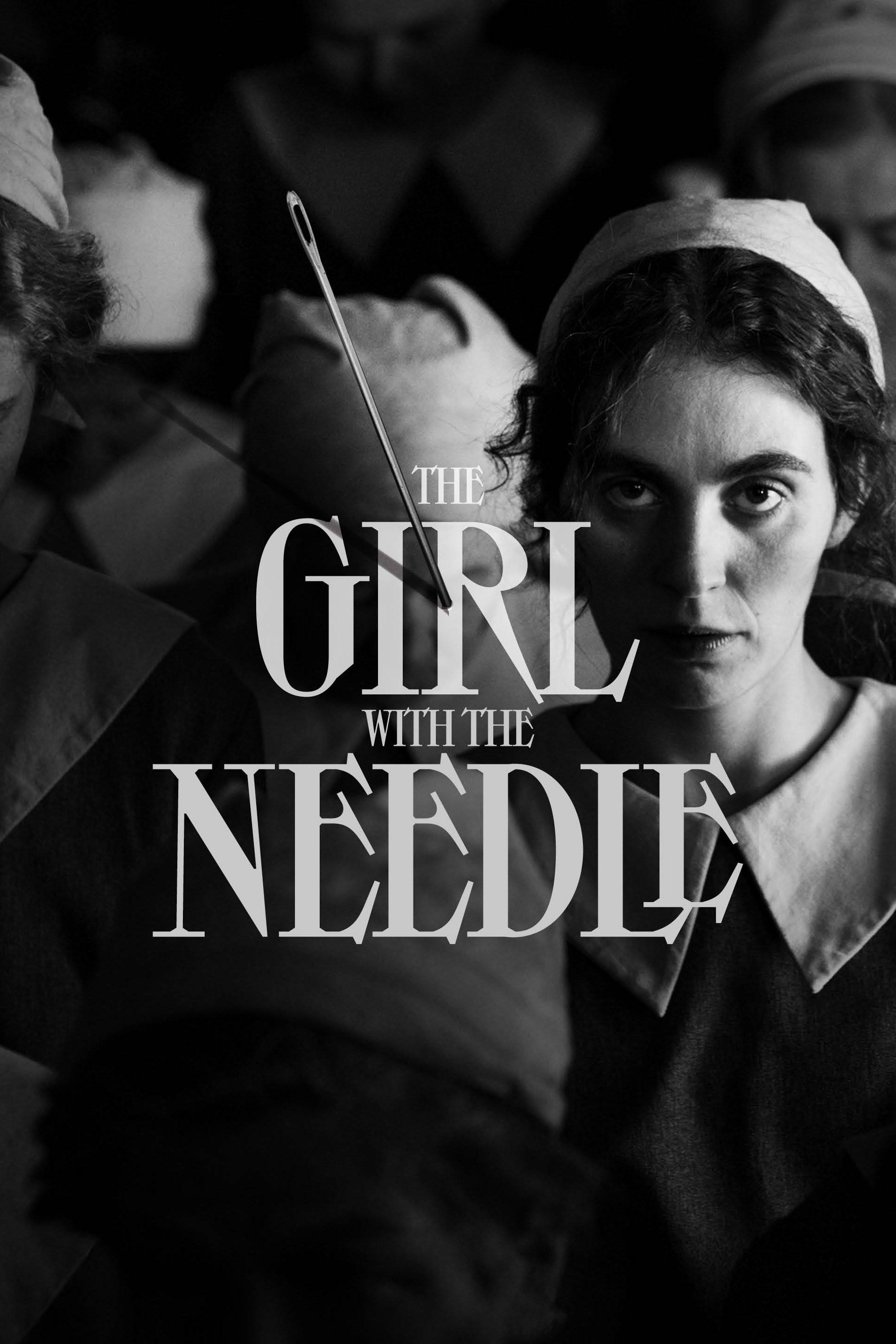
Struggling to survive in post-WWI Copenhagen, a newly unemployed and pregnant young woman is taken in by a charismatic elder to help run an underground adoption agency. The two form an unexpected bond, until a sudden discovery changes everything.

The First World War is over. Britain claims a victory, but for the casualties of war the fight for a normal life is far from over. An unhappy reunion will force two lost souls to come to terms with the damage they've done to each other.
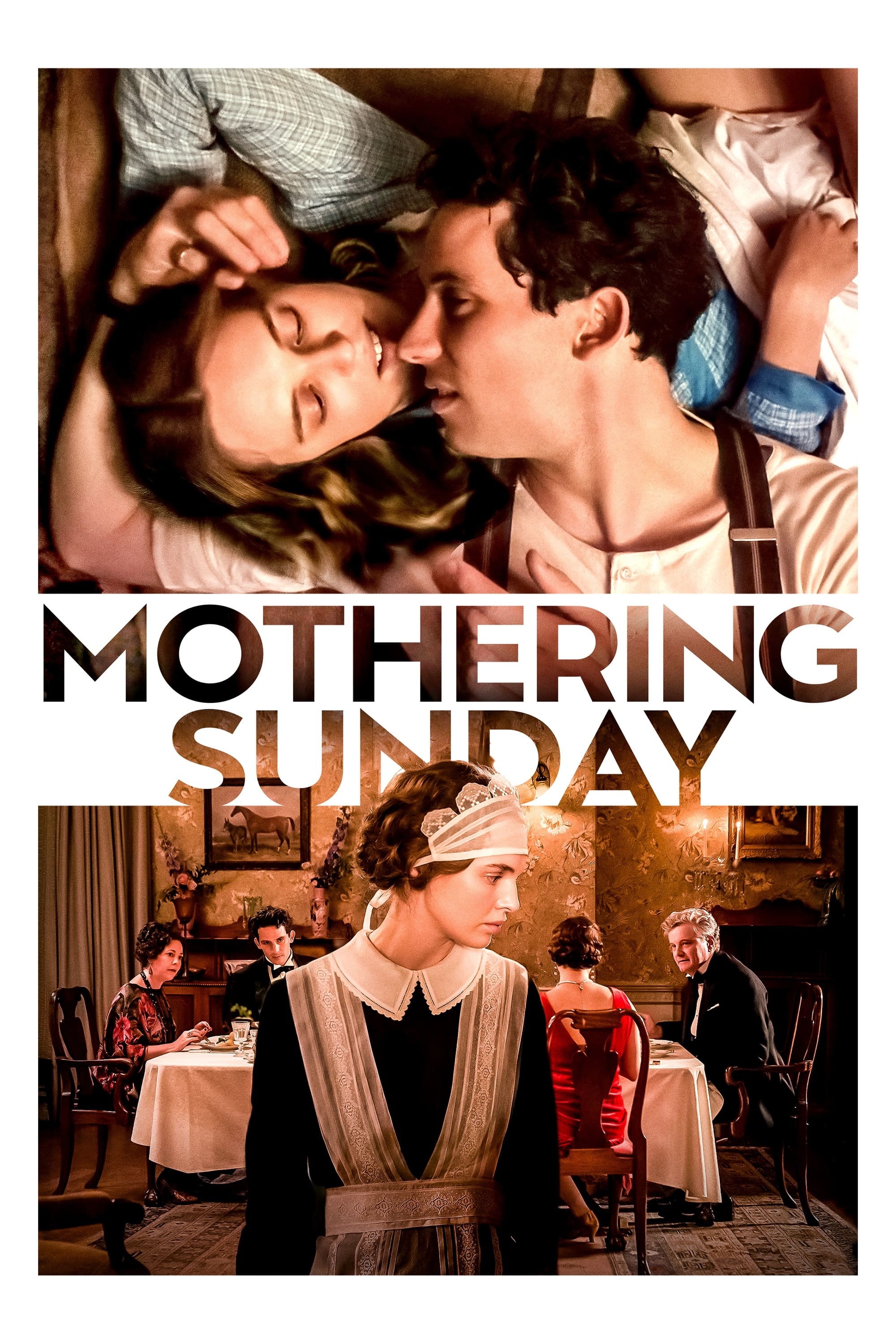
On a warm spring day in 1924, house maid and foundling Jane Fairchild finds herself alone on Mother's Day. Her employers, Mr. and Mrs. Niven, are out and she has the rare chance to spend quality time with her secret lover. Paul is the boy from the manor house nearby, Jane's long-term love despite the fact that he's engaged to be married to another woman, a childhood friend and daughter of his parents' friends. But events that neither can foresee will change the course of Jane's life forever.
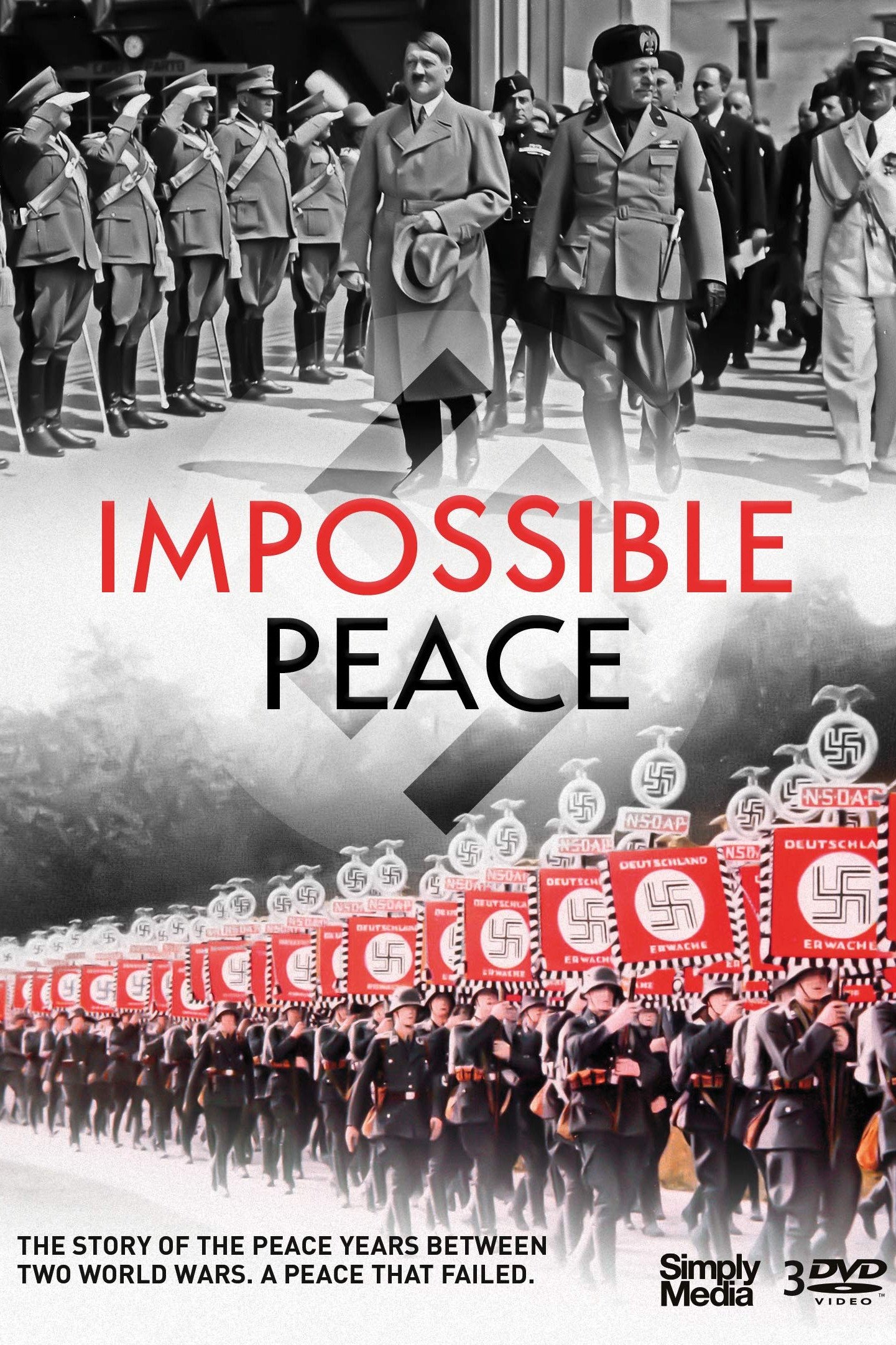
Two world wars tore the heart out of the twentieth century. Between these two tragedies was an age that nostalgia views enthusiastically – a time of jazz, prohibition, the talkies, radio and the motor car. A time that was in reality an age of anxiety. Twenty years of peace that produced war. A peace that failed. Impossible Peace.

A country torn apart by the First World War. A people mourning over 650,000 fallen in the trenches. Politicians humiliated at the Versailles peace table. A poet-soldier who draws crowds to every rally. A city that becomes an emblem of irredentist and nationalist claims. It was in this Italy that the Fiume enterprise began on 12 September 1919: the adventure of Grabiele d'Annunzio and a handful of legionnaires who set out from Ronchi in Friuli, against the will of the established power, to occupy the Adriatic city and annex it to Italy, establish the Regency of Carnaro, and found a 'myth' destined to influence Italian and international culture and politics, aesthetics and vocabulary, well beyond the Twenty Years of Fascism.
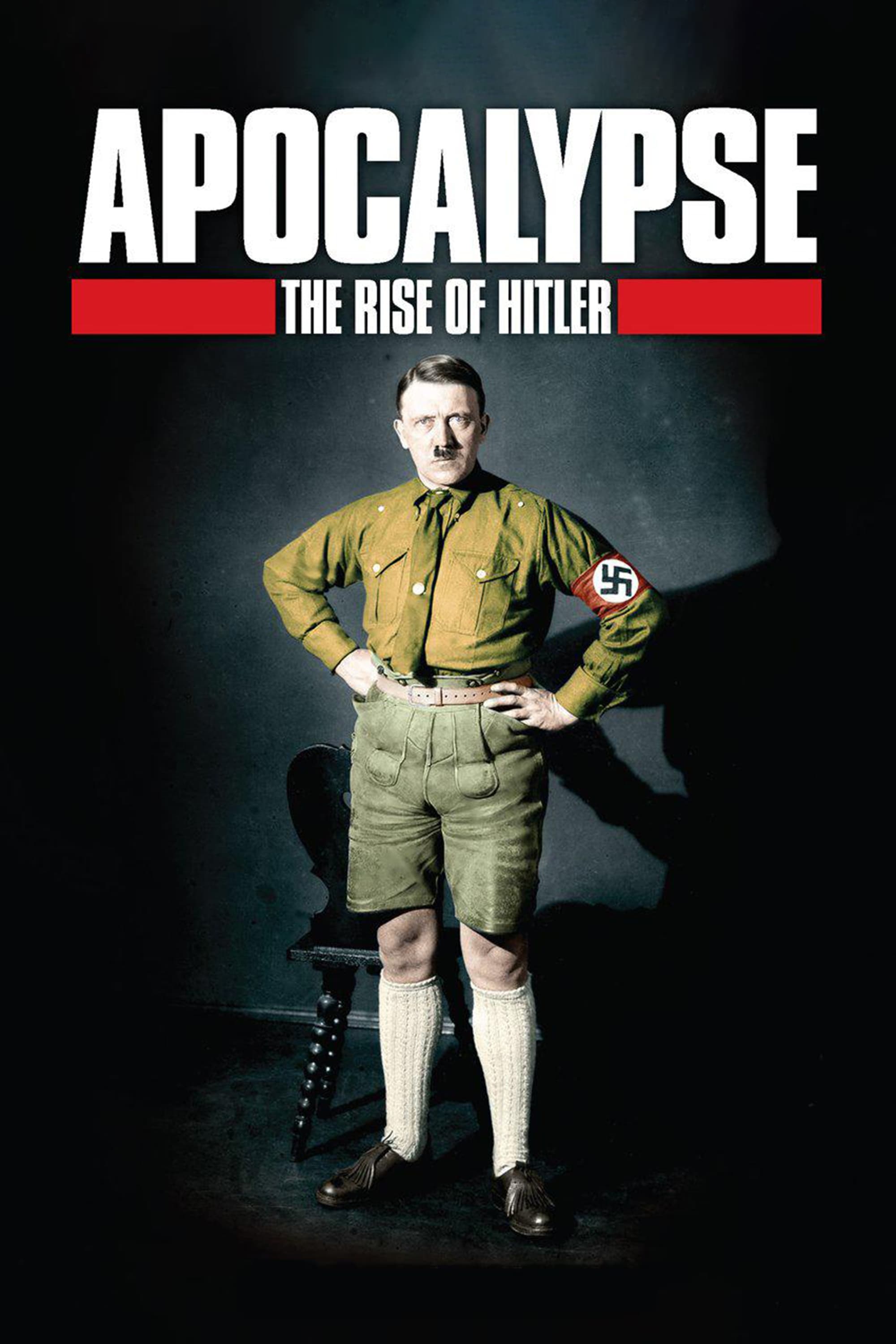
Adolf Hitler (1889-1945) was a mediocre who rose to power because of the blindness and ignorance of the Germans, who believed he was nothing more than an eccentric dreamer. But when the crisis of 1929 devastated the economy, the population, fearful of chaos and communism, voted for him. And no one defended democracy. As the dictatorship extended its relentless shadow, the leader claimed peace, but was preparing the Apocalypse.
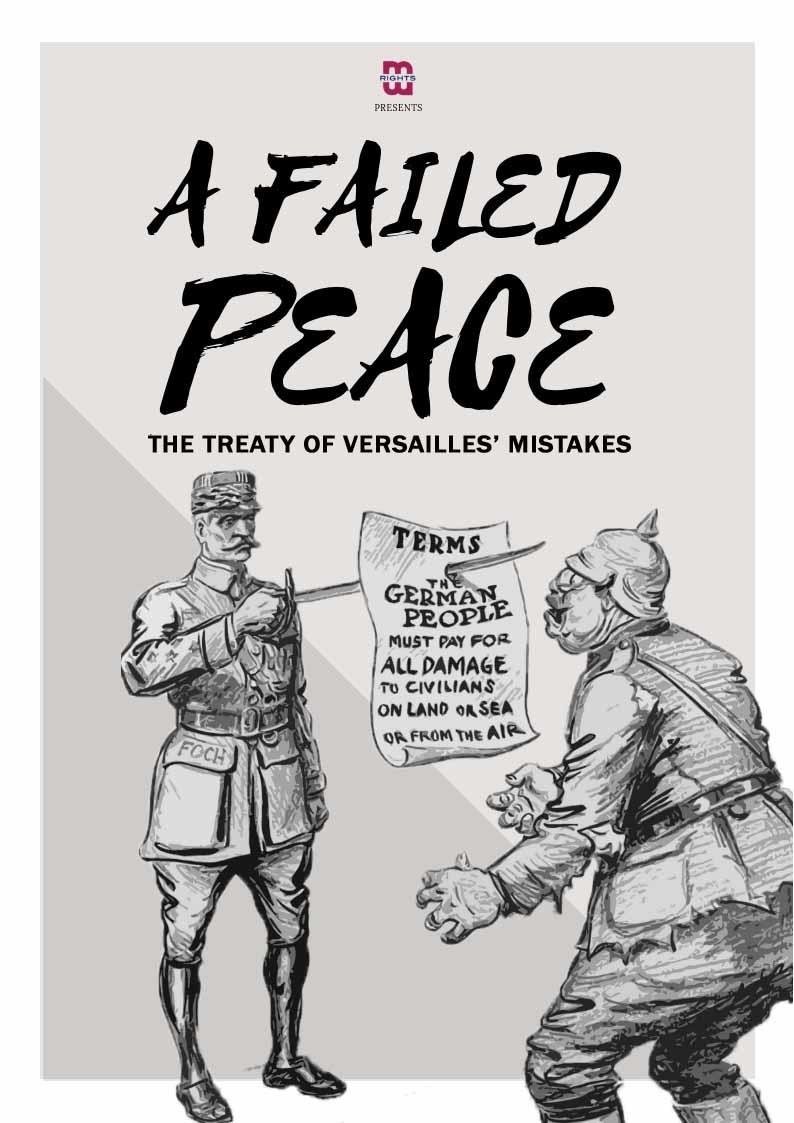
At the end of WWI, the treaty of Versailles established the conditions for peace in Europe. The aim for the victorious powers was to make Germany pay reparations, and to guarantee a future without war. Yet a decade later, the denunciation of 'Versailles' became a powerful lever for the nazis to obtain power as these reparations would mark the beginning of the humiliation of the German people, and nurture a feeling of having been bestowed a hopeless future. In the 20 years that follow the end of WWI, the issue of reparations and responsibility will effectively poison international relationship. The treaty negative impact goes well beyond WWII as the new European borders it implemented led to many conflicts during the twentieth century. This documentary shines a light on the causality between the decisions taken with the treaty of Versailles, and the ensuing events of the century.
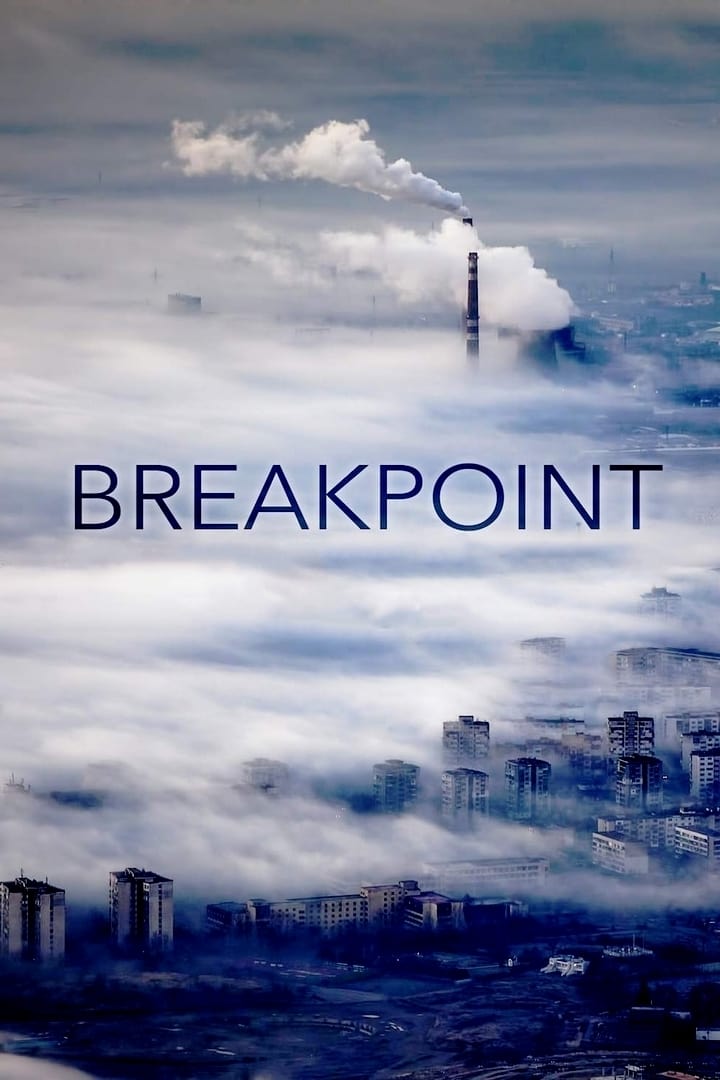
An account of the last two centuries of the Anthropocene, the Age of Man. How human beings have progressed so much in such a short time through war and the selfish interests of a few, belligerent politicians and captains of industry, damaging the welfare of the majority of mankind, impoverishing the weakest, greedily devouring the limited resources of the Earth.
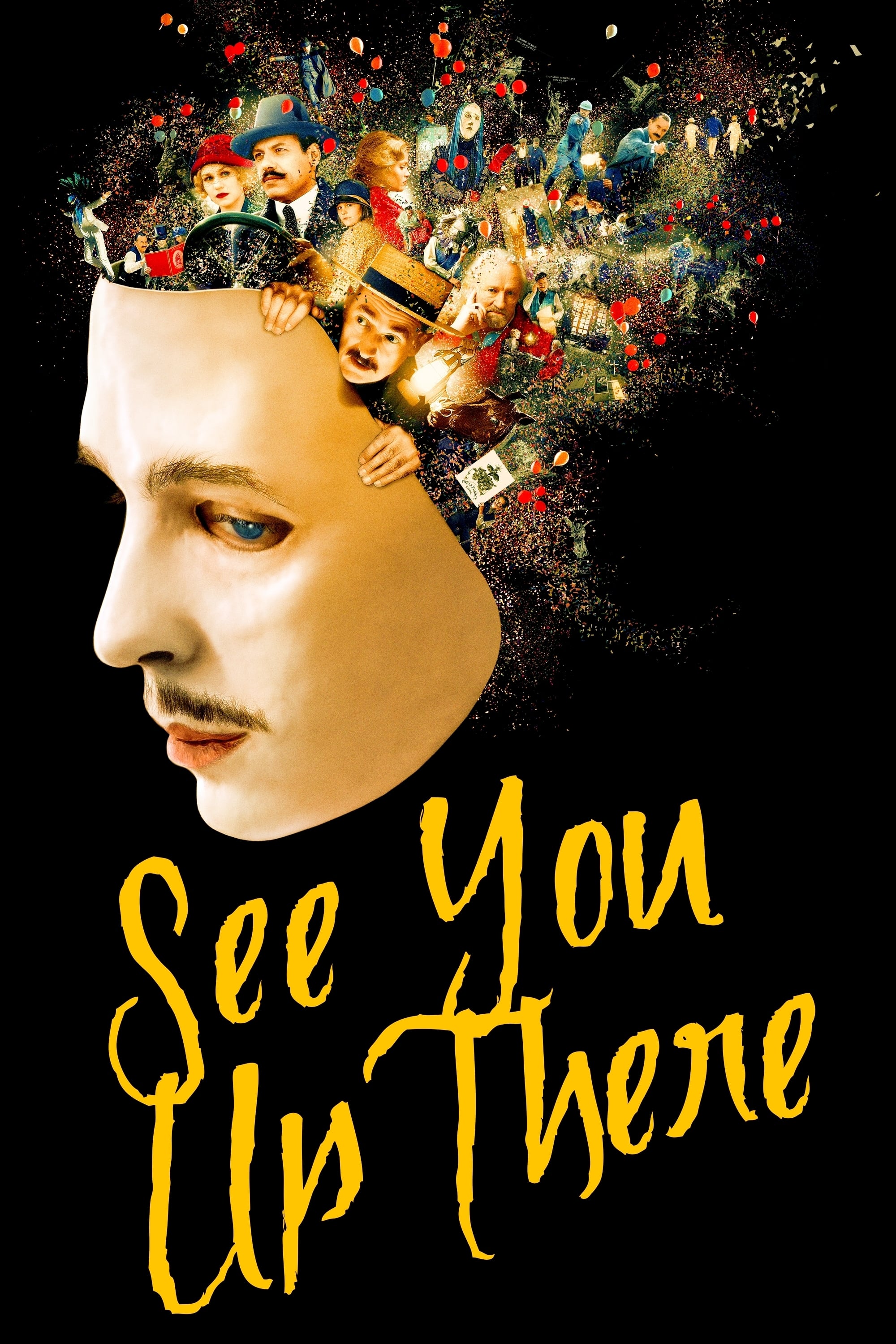
In November 1918, a few days before the Armistice, when Lieutenant Pradelle orders a senseless attack, he causes a useless disaster; but his outrageous act also binds the lives of two soldiers who have nothing more in common than the battlefield: Édouard saves Albert, although at a high cost. They become companions in misfortune who will attempt to survive in a changing world. Pradelle, in his own way, does the same.
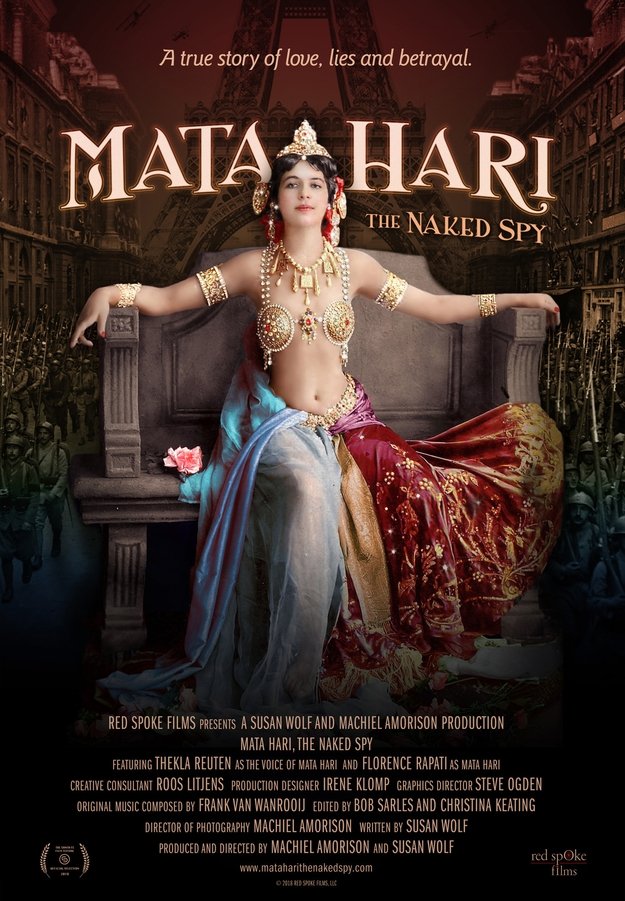
100 years ago Mata Hari faced the firing squad as a convicted Dutch spy. It was at this moment that the legend of Mata Hari, the seductive spy, was born. Newly-discovered documents cast doubt on her guilt and reveal startling truths about her life. Mata Hari was a self-made woman whose boldness and sexuality threatened the male establishment. Most of what we've known about her until now has largely been myth. Mata Hari's challenges as an abused wife, single mother and a creative independent woman are familiar to women around the world. At the turn of the century, her struggles to attain sexual freedom, artistic expression, and liberation from the constraints of conventional society are the same ones women face today. She graced the cover of Vogue, performed all over Europe and left a coterie of smitten admirers in her wake.
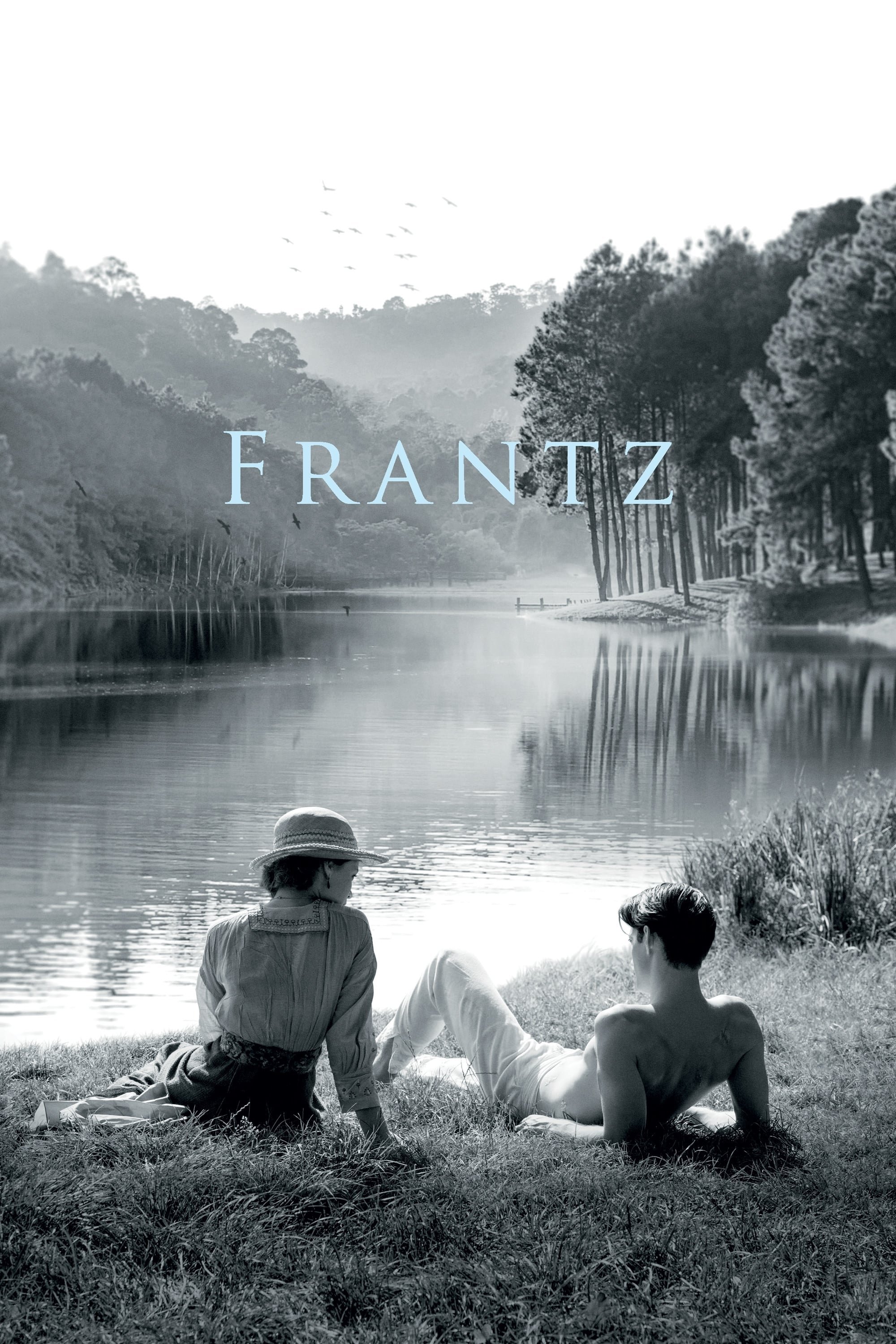
In the aftermath of WWI, a young German who grieves the death of her fiancé in France meets a mysterious French man who visits the fiance’s grave to lay flowers.
This 9-episodes documentary series extensively examines the history of Poland in the 20th Century, telling the story through archival films, newsreels, interviews, and readings from novels and poems.
By browsing this website, you accept our cookies policy.